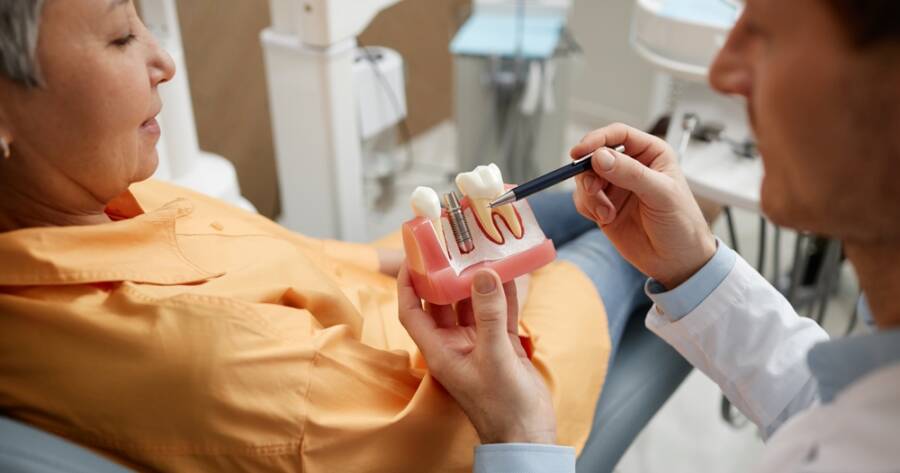Dental implant clinical trials propel the field forward by evaluating long-term performance and participant experiences, offering vital scientific insights and innovations. Clinical trials cover implant stability, aesthetic outcomes, and treatment efficacy, providing participants the opportunity to contribute to dental science while accessing experimental treatments. Learn about ongoing research efforts and their impact on dental health care advancements.
Understanding Dental Implant Clinical Trials
The field of dental implantology has been significantly advanced through extensive research and clinical trials. These trials not only provide insights into the effectiveness of dental implants but also offer a pathway for innovation and improvement in dental health care.
A notable study examined the long-term performance of dental implants over 22.2 years in over 4,000 patients. The results showed impressive survival rates, with 94% at the implant level and 86% at the patient level over 15 years, illustrating the reliability of these procedures over significant durations.
The Role of Clinical Trials in Dental Advancements
Clinical research plays a crucial role in discovering novel methods to treat, prevent, diagnose, and better understand dental diseases. Through these studies, both patients and healthy volunteers contribute to scientific advancement, while potentially accessing new experimental treatments.
Participants are given comprehensive information about the study’s purpose, potential benefits and risks, and their right to withdraw at any time without losing access to standard treatments. Such transparency is essential for ensuring participant trust and safety throughout the research process.
Key Focus Areas in Dental Implant Research
Diverse aspects of dental implants are being explored through clinical trials. For instance, studies at the College of Dental Medicine are focused on the stability, cosmetic outcomes, and long-term performance of implants. This research helps translate innovative findings into practical strategies for patient care.
Moreover, ongoing studies are examining volumetric changes associated with immediate implant placement and analyzing outcomes using split-mouth designs to compare different graft materials. These efforts highlight the commitment to enhancing both the functionality and aesthetics of dental implants through meticulous study designs.
Participation and Its Benefits
Participation in clinical studies offers more than just the opportunity for free treatment. It’s a way for individuals to contribute to the evolving field of dental research, helping to refine and verify new treatment modalities.
For example, the NYU Dentistry Translational Research Center is conducting trials to evaluate changes in bone and gum dimensions in various implant scenarios, with recruitment open to participants aged 18 and over. Such engagement is pivotal in shaping future dental care practices and providing broader insights into patient outcomes.
Current and Ongoing Studies
Many institutions, like the Clinical Research Center at the College of Dentistry, are hosting ongoing studies that cover a variety of dental health aspects, such as peri-implantitis and digital dentures. The mixing of observational and interventional studies allows researchers to gather substantial data on dental implant effectiveness, which in turn can inform better patient care and new treatment protocols. By collaborating with participants, these centers aim to advance dental health science and provide significant contributions to the field through these multifaceted studies.
Why You Should Learn More About Dental Implant Trials Today
Engaging with dental implant clinical trials offers a unique perspective not only on current advancements but also on future directions in dental care. The studies discussed provide detailed information that empowers both patients and practitioners by fostering informed consent and setting realistic expectations.
As research continues to evolve, so do the possible outcomes for patients seeking dental implants. Participation in these trials not only advances personal understanding but also contributes valuable insights to the broader scientific community, underscoring the pivotal role of clinical trials in enhancing dental health globally.





